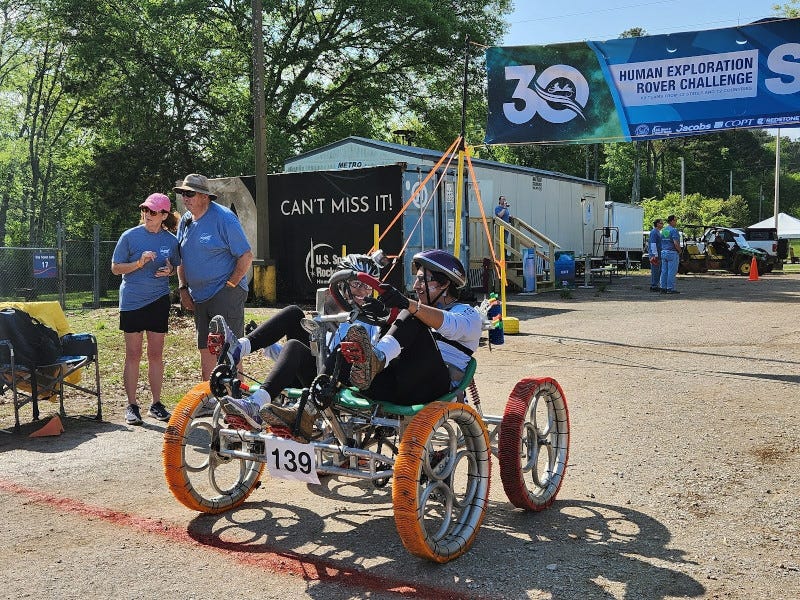Human Exploration Rover Challenge Winners Announced
Competition Marks its 30th Year
NASA has announced the winners of the 30th Human Exploration Rover Challenge (HERC) April 22, with Parish Episcopal School, from Dallas, winning first place in the high school division, and the University of Alabama in Huntsville, capturing the college/university title.
"This student design challenge encourages the next generation of scientists and engin…




